MERN Stack Interview Questions With Answers In 2025
4.9 out of 5 based on 18748 votesLast updated on 4th May 2024 29.6K Views
- Bookmark

The Mern Stack Technical Interview Questions provide detailed glimpse of the different MERN components and their functions.

Introduction
The MERN stack has emerged as a dominant force in modern web development. It offers a seamless integration of MongoDB, Express.js, React.js, and Node.js. This full-stack JavaScript framework provides developers with a cohesive platform to build dynamic and feature-rich web applications. Aspiring professionals can join the Best MERN Stack Course for maximum skill development. By leveraging the strengths of each technology, the MERN stack enables efficient development, scalability, and flexibility. This drives the evolution of web technologies and empowering developers to create innovative solutions for diverse user needs.
This guide provides detailed insight into MERN Stack and its importance while offering insight into various Mern Stack Interview Questions along with their answers. Keep reading this section for more details.
What Is MERN Stack?
The MERN stack is a popular JavaScript stack used for building modern web applications. It consists of four key technologies: MongoDB, Express.js, React.js, and Node.js. MongoDB is a NoSQL database that stores data in flexible, JSON-like documents. Express.js is a minimalist web application framework for Node.js, providing a robust set of features for web and mobile applications. React.js is a JavaScript library for building user interfaces, developed by Facebook. Node.js is a runtime environment that executes JavaScript code server-side, allowing for building scalable and high-performance web applications.
Together, these technologies enable full-stack development using JavaScript throughout the entire application. The Mern Stack Technical Interview Questions provide detailed glimpse of the different MERN components and their functions.
The MERN stack holds significant importance in modern web development due to several key factors:
- JavaScript Everywhere: MERN allows developers to use JavaScript for both front-end and back-end development, streamlining the development process and reducing the need to switch between different languages.
- Efficiency and Productivity: With a consistent language and toolset, developers can work more efficiently, leveraging reusable components and libraries across the stack.
- Scalability: MERN's components are designed to scale, making it suitable for building applications that need to handle large volumes of data or traffic.
- Community Support: The MERN stack has a vibrant and active community, providing resources, tutorials, and support for developers.
- Flexibility: Each component of the stack is highly flexible, allowing developers to choose the best tools and configurations for their specific project requirements.
- Performance: Leveraging technologies like React.js and Node.js, MERN applications can deliver fast and responsive user experiences, crucial for modern web applications.
- Full-stack JavaScript: MERN enables developers to become proficient in a single language (JavaScript), simplifying the learning curve and facilitating collaboration within development teams.
- Industry Adoption: Many startups and tech companies have adopted the MERN stack for building their products, contributing to its widespread adoption and validation in the industry.
Why Is MERN Stack Training So Important Today?
MERN stack training and understanding the Mern Interview Questions is vital in today's tech landscape due to several key reasons.
- Firstly, the MERN stack embodies a full-stack JavaScript approach, streamlining development by allowing for consistent language usage across the entire application.
- Secondly, its components—MongoDB, Express.js, React.js, and Node.js—powerfully complement each other, enabling developers to build robust, scalable, and efficient web applications.
- Third, with the increasing demand for modern web development skills, MERN stack proficiency enhances employability and career prospects. Tech hubs like Noida, Delhi, Hyderabad, Bangalore etc. offer excellent training and placement opportunities for aspiring professionals. One can learn MERN Stack Training in Noida for the best skill development.
- Lastly, MERN's open-source nature and vibrant community support ensure continuous learning and innovation, making it indispensable for aspiring and seasoned developers alike.
Top MERN Stack Interview Questions With Answers For 2025
Mern Stack Interview Questions and answers can help professionals prepare for job interviews by familiarizing them with commonly asked technical concepts, best practices, and problem-solving strategies specific to MERN development. They can also aid in reinforcing understanding, identifying knowledge gaps, and boosting confidence during the interview process.
Here are some important Mern Stack Technical Interview Questions along with their answers.
General MERN Stack Interview Questions
Let us begin with some commonly asked Mern Interview Questions for general understanding.
- What is the MERN stack?
MERN stands for MongoDB, Express.js, React.js, and Node.js. It's a full-stack JavaScript framework for building modern web applications.
- What is MongoDB?
MongoDB is a NoSQL database that stores data in flexible, JSON-like documents.
- Explain Express.js.
Express.js is a web application framework for Node.js, providing a robust set of features for building web and mobile applications.
- What is React.js?
React.js is a JavaScript library for building user interfaces, developed by Facebook. It allows for building reusable UI components.
- What is Node.js?
Node.js is a runtime environment that executes JavaScript code server-side, enabling the development of scalable and high-performance web applications.
- How does MERN handle routing? (a common Mern Stack Interview Question)
Express.js handles server-side routing, while React.js handles client-side routing using libraries like React Router.
- What are the advantages of using MERN stack?
Advantages include full-stack JavaScript development, scalability, efficiency, flexibility, and a vibrant community.
- Explain the role of JSX in React.js. (commonly asked Mern Interview Question)
JSX is a syntax extension for JavaScript that allows mixing HTML with JavaScript in React components, making UI development more intuitive.
- What is a middleware in Express.js?
Middleware are functions that have access to the request and response objects and can modify them. They are used for tasks like logging, authentication, and error handling.
- How do you deploy a MERN application?
MERN applications can be deployed to various platforms like Heroku, AWS, or DigitalOcean. Typically, you'd build the React front end and serve it alongside the Express backend, connecting to a MongoDB database.
These were some of the important general Mern Stack Interview Questions.
You May Also Read This Post:
How To Become A MERN Stack Developer
What Is Mern Stack Development
Java Full Stack Developer Interview Questions
MERN Stack Interview Questions For Developers
Here are some Mern Stack Developer Interview Questions along with concise answers:
- Explain the concept of virtual DOM in React.js.
The virtual DOM is a lightweight copy of the actual DOM. React.js uses it to improve performance by updating only the components that have changed, rather than re-rendering the entire DOM.
- How does React handle state management?
React uses component state and context API for managing state within components. Additionally, Redux or other state management libraries can be used for managing global state.
- What is JSX? How is it different from HTML?
JSX is a syntax extension for JavaScript used in React to write HTML-like code within JavaScript. It allows embedding expressions and makes the component structure more readable. Unlike HTML, JSX supports JavaScript expressions and functions.
- Explain the concept of props in React.
Props (short for properties) are inputs to React components. They allow passing data from parent to child components and are immutable within the child component.
- What is middleware in Express.js? Provide an example.
Middleware are functions that have access to the request, response objects, and the next middleware function. They can modify request and response objects, execute code, and end the request-response cycle. Example: logging middleware, authentication middleware.
- How does MongoDB ensure data consistency in a distributed environment? (common Mern Stack Developer Interview Question)
MongoDB uses replica sets to ensure data consistency in a distributed environment. Replica sets maintain multiple copies of data across different servers (nodes) and automatically elect a primary node to serve read and write operations.
- What is the purpose of package.json in Node.js projects?
The package.json file contains metadata about the Node.js project, including its dependencies, scripts, and other project configurations. It helps manage project dependencies, define scripts for various tasks, and provides information for project initialization.
- Explain the concept of RESTful APIs and how Express.js facilitates building them.
RESTful APIs are APIs that adhere to the principles of Representational State Transfer (REST). Express.js provides routing capabilities, middleware support, and HTTP utility methods, making it easy to define routes, handle requests, and build RESTful APIs.
- How can you optimize a MERN application for performance?
Performance optimization techniques for MERN applications include code splitting, lazy loading, minimizing bundle size, optimizing images, implementing server-side rendering, using caching mechanisms, and profiling and analysing performance using tools like Chrome DevTools.
- What are the benefits of using Node.js in the backend of a MERN stack application? (commonly asked Interview Question for Mern Stack Developer)
Node.js offers non-blocking, event-driven architecture, allowing for handling concurrent requests efficiently. It enables JavaScript developers to use the same language across the entire stack, promotes code reuse, and facilitates real-time communication using technologies like WebSockets. Additionally, Node.js has a rich ecosystem of modules and packages available via npm.
MERN Stack Interview Questions For Freshers
Here are some Mern Stack Interview Questions for Freshers along with concise answers:
- What do you mean by MERN stack?
The MERN stack comprises four technologies: MongoDB, Express.js, React.js, and Node.js. It's a full-stack JavaScript framework used for building modern web applications.
- What is MongoDB and why is it used in the MERN stack?
MongoDB is a NoSQL database that stores data in flexible, JSON-like documents. It's used in the MERN stack for its scalability, flexibility, and ease of use in handling unstructured data.
- Explain the role of Express.js in the MERN stack.
Express.js is a web application framework for Node.js. In the MERN stack, it's used for building server-side applications, handling routes, and middleware to interact with MongoDB and serve data to the client-side React.js application.
- What is React.js and why is it used in the MERN stack?
React.js is a JavaScript library for building user interfaces. It's used in the MERN stack for creating dynamic and interactive front-end components, enabling efficient rendering and state management.
- What is Node.js and how does it fit into the MERN stack?
Node.js is a JavaScript runtime environment. In the MERN stack, it's used on the server-side to execute JavaScript code, handle incoming requests, interact with databases like MongoDB, and serve the client-side React.js application.
- Explain the concept of JSX in React.js.
JSX is a syntax extension for JavaScript used in React.js to write HTML-like code within JavaScript. It allows developers to write UI components in a more declarative and readable way.
- What are components in React.js?
Components in React.js are reusable pieces of code that encapsulate UI elements and their behaviour. They can be composed together to build complex user interfaces.
- How do you handle forms in React.js?
Forms in React.js can be controlled or uncontrolled. Controlled components store form data in component state and update it via onChange handlers, while uncontrolled components rely on DOM refs to access form values.
- What is routing in React.js?
Routing in React.js allows navigating between different components or pages within a single-page application. It's commonly implemented using libraries like React Router, enabling declarative routing and maintaining UI state.
- How would you deploy a MERN stack application?
Deploying a MERN stack application involves configuring a server environment (such as Heroku, AWS, or DigitalOcean), building the React.js front end, setting up an Express.js server to serve the built files, and connecting to a MongoDB database. Deployment often involves using tools like Git for version control and continuous integration/continuous deployment (CI/CD) pipelines for automated deployment processes.
MERN Stack Interview Questions And Answers For Experienced
Here are some Mern Stack Interview Questions for Experienced along with concise answers:
- How do you handle authentication and authorization in a MERN application?
Authentication can be implemented using libraries like Passport.js for Express.js and JWT (JSON Web Tokens). Authorization is typically managed by role-based access control (RBAC) middleware, where users' roles determine their access rights to certain resources.
- Explain the concept of server-side rendering (SSR) and its benefits in React.js.
Server-side rendering is the process of rendering React components on the server before sending HTML to the client. It improves performance and SEO by delivering fully rendered pages to the browser, reducing initial load times and ensuring content is indexable by search engines.
- How do you optimize MongoDB queries for performance?
MongoDB queries can be optimized by creating appropriate indexes on fields frequently queried, using the aggregation framework for complex operations, and leveraging features like query profiling and explain() to analyse and improve query performance.
- What are the pros and cons of using Redux in a MERN application?
Redux provides a centralized state management solution, making it easier to manage complex application state and facilitate data flow between components. However, it can introduce boilerplate code and complexity, especially in smaller applications.
- Explain the concept of microservices architecture and how it can be implemented with the MERN stack.
Microservices architecture involves breaking down applications into smaller, independently deployable services. With the MERN stack, each service can be implemented using Node.js and Express.js, communicating via HTTP or message queues, and sharing data through a common MongoDB database.
- What are some strategies for securing a MERN application against common security threats?
Security strategies include implementing HTTPS, input validation and sanitization, using secure authentication mechanisms like JWT, protecting against cross-site scripting (XSS) and cross-site request forgery (CSRF), and regularly updating dependencies to patch known vulnerabilities.
- How do you handle file uploads in a MERN application?
File uploads can be managed using middleware like multer in Express.js to handle multipart/form-data requests, storing files in a filesystem or cloud storage service like Amazon S3, and storing metadata or references in MongoDB.
- Explain the concept of middleware in Node.js and provide examples of middleware you've used.
Middleware functions in Node.js are functions that have access to the request and response objects and can modify them or execute additional code. Examples include logging middleware, authentication middleware (e.g., Passport.js), error handling middleware, and compression middleware (e.g., gzip).
- How do you handle errors and exceptions in a MERN application?
Errors and exceptions can be handled using try-catch blocks, error-handling middleware in Express.js, and global error handlers to centralize error handling logic. Additionally, logging errors to a centralized system like Loggly or Splunk can aid in debugging and monitoring.
- What are some performance optimization techniques you've implemented in MERN applications?
Performance optimization techniques include code splitting and lazy loading in React.js, minimizing bundle size with tools like Webpack, optimizing database queries and indexes in MongoDB, implementing server-side caching with Redis or Memcached, and using CDN (Content Delivery Network) for serving static assets.
Conclusion
In summary, understanding the MERN stack is essential for both seasoned developers and freshers entering the field. Its cohesive integration of MongoDB, Express.js, React.js, and Node.js empowers developers to create powerful, scalable, and efficient web applications, driving innovation and growth in the tech industry. The Interview Questions for Mern Stack Developer aim to help seasoned developers in their future job endeavours. As freshers, one can follow the Mern Stack Interview Questions for Freshers to gain more knowledge. Experienced professionals can enhance their knowledge and skills by exploring MERN Stack Interview Questions for advanced insights. MERN enthusiasts pursuing the MERN Stack Certification can use these questions and answers to stay current in the field.
Subscribe For Free Demo
Free Demo for Corporate & Online Trainings.
Your email address will not be published. Required fields are marked *

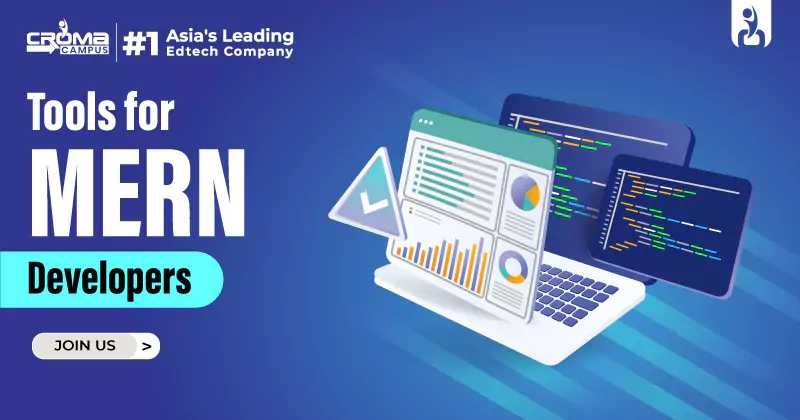
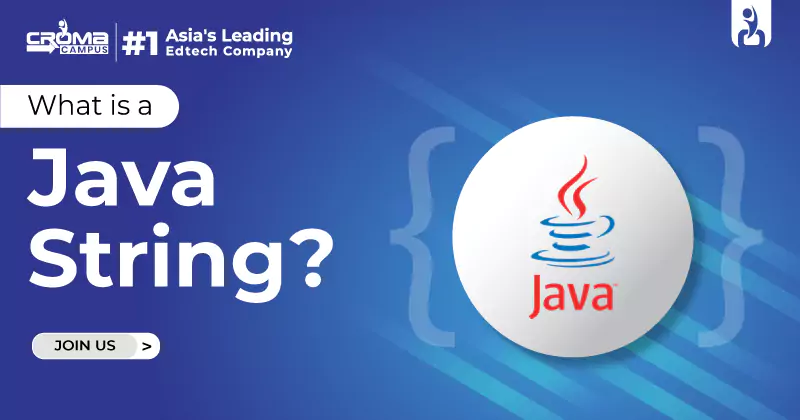





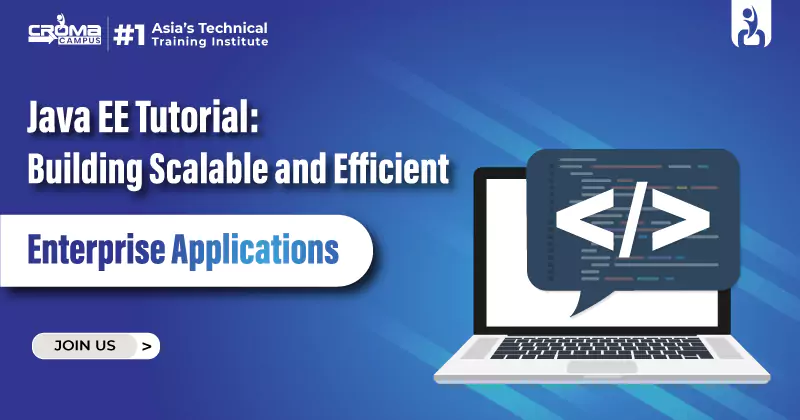
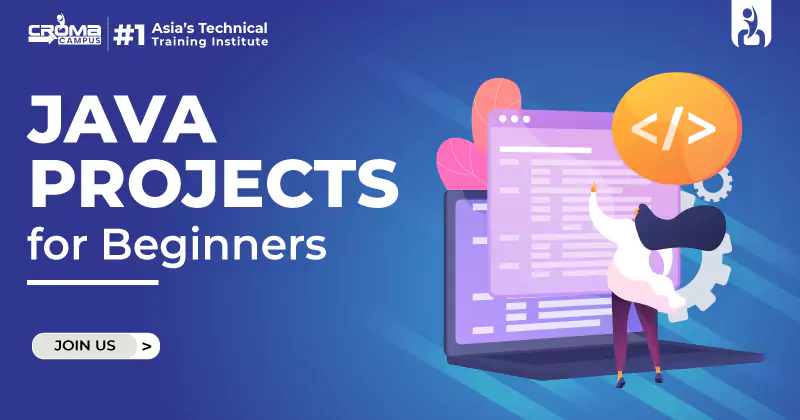
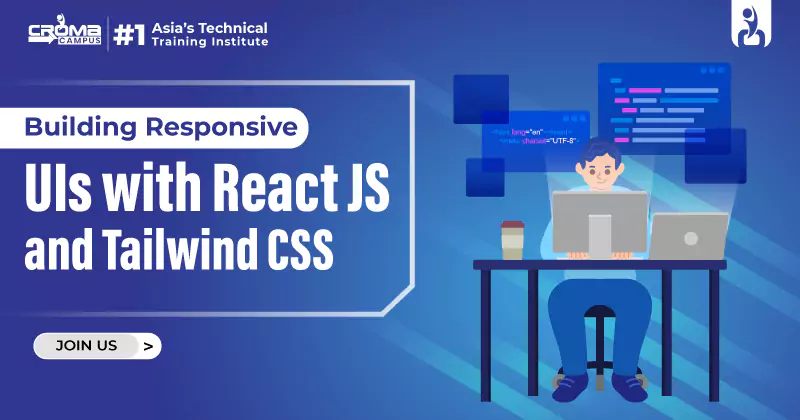











 Master in Cloud Computing Training
Master in Cloud Computing Training